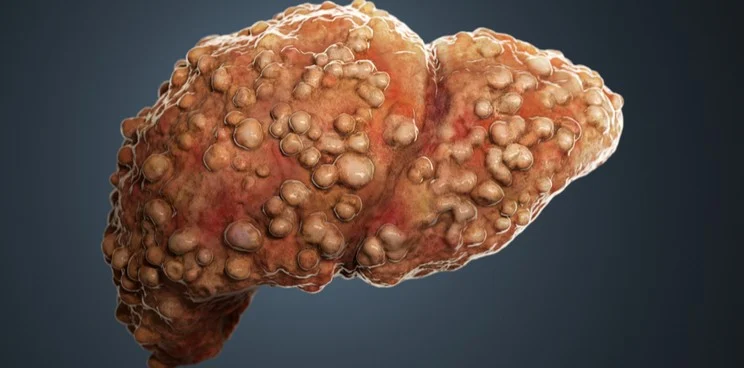
Dr. Piyush Gupta is one of the leading liver specialists in North Delhi, offering expert care for patients suffering from liver failure. With years of experience in diagnosing and managing complex liver conditions, he focuses on restoring liver health through timely intervention and personalized treatment plans. Dr. Gupta combines advanced diagnostic technology with modern medical therapies to manage symptoms, slow disease progression, and enhance overall liver function.

Liver failure happens when the liver loses its ability to carry out vital functions that keep the body healthy. The liver is responsible for filtering toxins, producing bile to aid digestion, storing essential nutrients, and supporting blood clotting. When it becomes severely damaged, these processes begin to break down.
1. Acute Liver Failure: Acute liver failure is a sudden loss of liver function that occurs within a short period, often in a matter of days or weeks, in a person without any prior liver disease. This rapid decline prevents the liver from performing essential tasks such as filtering toxins, producing proteins, and regulating chemical levels in the blood.
2. Chronic Liver Failure: Chronic liver failure develops gradually over months or years as the liver experiences continuous damage from long-term conditions such as hepatitis, fatty liver disease, or excessive alcohol use. Over time, healthy liver tissue is replaced by scar tissue, reducing the liver’s ability to perform vital functions like detoxification, metabolism, and nutrient processing.
Liver disease refers to any condition that affects the liver, while liver failure is the most severe stage of liver damage, where the liver can no longer function properly.
Yes. Acute liver failure can occur suddenly, often within days or weeks, in people who previously had no liver problems.
Early symptoms may include fatigue, nausea, loss of appetite, and mild abdominal discomfort.
People with chronic hepatitis, heavy alcohol use, obesity, diabetes, or a family history of liver disease have a higher risk of developing liver failure.
Severe liver failure can cause bleeding disorders, brain dysfunction (encephalopathy), fluid retention, and eventually multi-organ failure if not treated promptly.